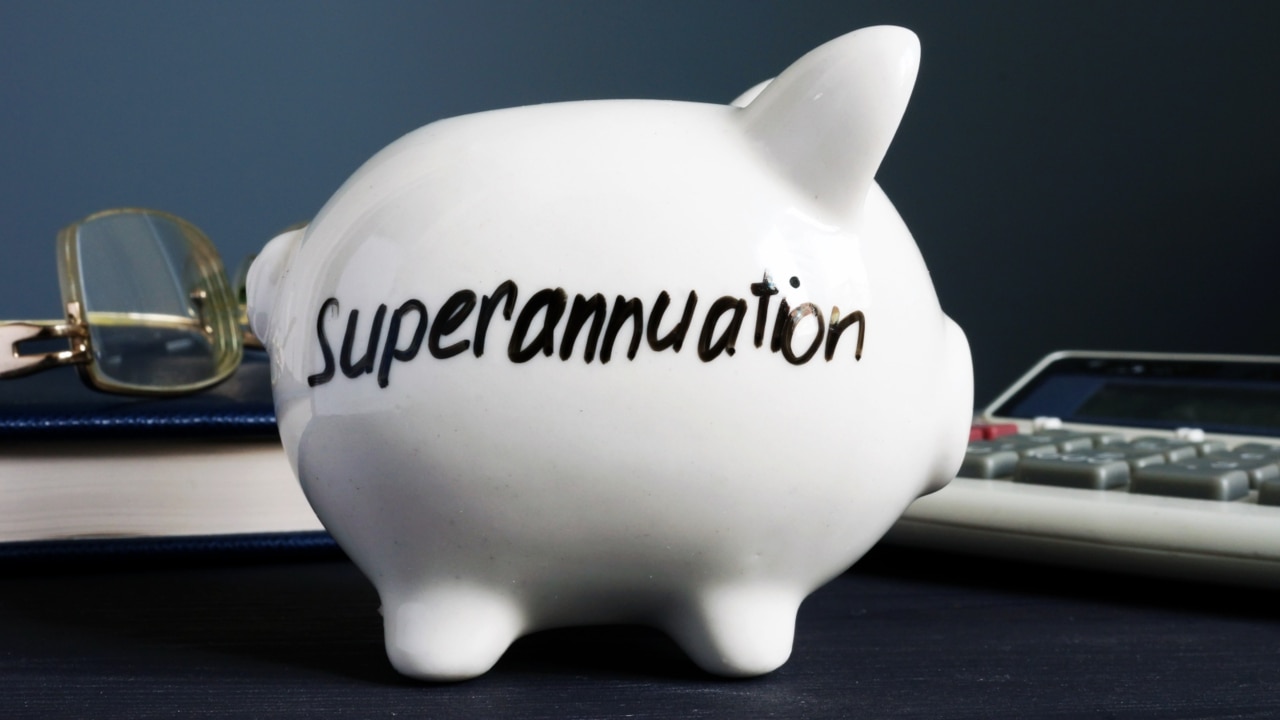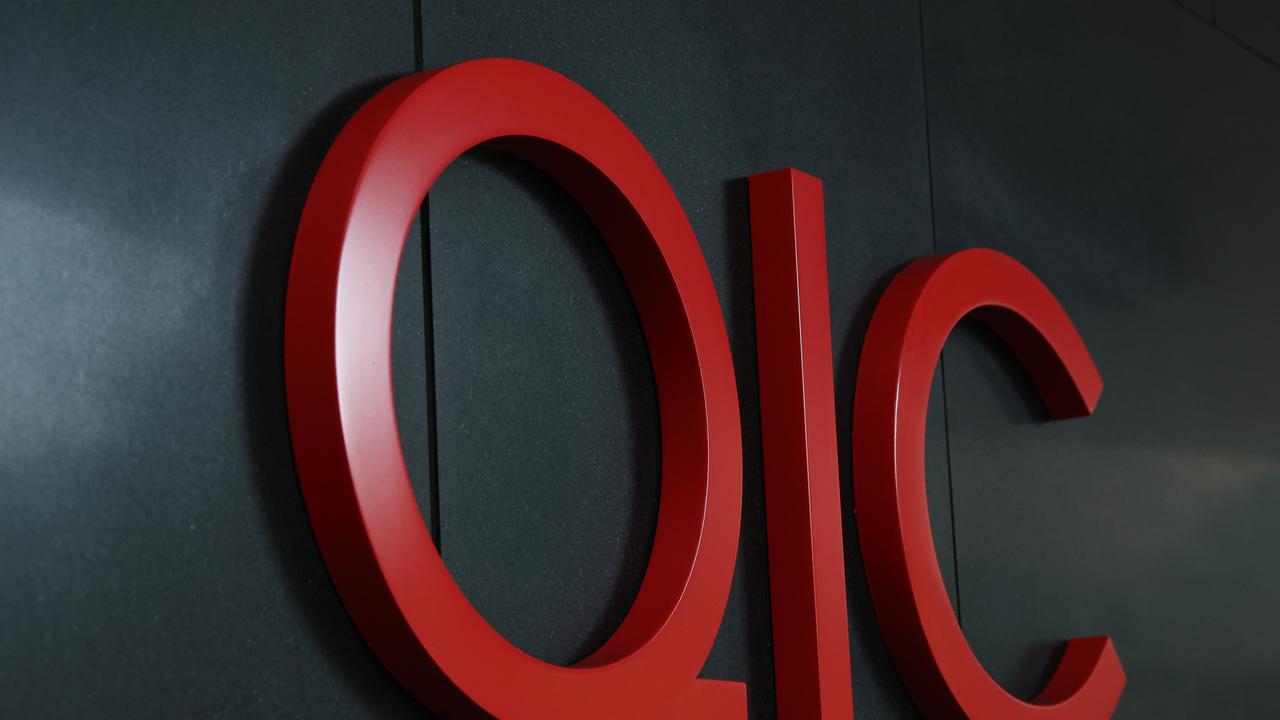New superannuation tax could backfire
The Labor government is shooting itself in the foot with its proposed tax raid on superannuation balances over $3m.

Business
Don't miss out on the headlines from Business. Followed categories will be added to My News.
When Treasurer Jim Chalmers opened the new Sydney offices of the $240bn Australian Retirement Trust last week, he talked about the government “trying to build some scaffolding” around the superannuation system.
This included “making the tax piece more sustainable” – a reference to the government’s proposal to double the tax rate on superannuation balances over $3m, from 15 to 30 per cent, announced back in February. But he went on to admit that such changes come “at some political risk”.
The federal government has sought to downplay the amount of people who will be affected by its proposal, saying it would only hit about 80,000 fund members.
It’s a “soak-the-rich, they-don’t-vote-for-us-anyway” move which came despite assurances made by then Opposition leader, Anthony Albanese, before the election that Labor had no plans to change the super system.
The proposal, which will primarily hit those with self-managed super funds (and not members of industry funds such as ART), is making people with much lower super balances think twice about making extra super contributions and could see small businesses and farmers having to sell assets from their funds.
The proposed tax is being done in a potentially dangerous precedent-setting way which involves taxing the full value of any increases in value of the fund over $3m over the financial year – taxing people on unrealised gains and not just realised gains which is the basis of the income tax law.
The National Farmers Federation has estimated the move could impact more than 30 per cent of farm businesses. “Given the highly cyclical nature of Australian agriculture, the proposed changes will have an outsized impact on farmers who have agricultural assets within their SMSFs,” the federation warned in a statement released with its submission to the government.
The move is clearly designed to prompt a wholesale clean out of superannuation in funds of more than $3m, backed by a revenue hungry Treasury which has never been a fan of tax breaks around super.

Much of the lobbying by organisations such as the SMSF Association has focused on the unfairness of levying a tax on unrealised gains and the fact that there is no move to index the $3m figure.
But as its implications are being digested, the political concerns are spreading to a broader cohort, including those whose concern about the franking credit proposals of the Bill Shorten-led Labor Opposition were a factor in the party’s failure at the 2019 election.
The latest organisation to speak out is the Australian Shareholders’ Association, which represents a highly engaged group of retail share owners including self funded retirees and those hoping to be.
ASA chief executive Rachel Waterhouse says a survey of its members about the proposed tax found that many investors who were not directly affected were still concerned about it, describing the changes as the “thin edge of the wedge” and a precursor to more punitive changes ahead.
“They are concerned about ad hoc changes being applied to the superannuation and tax system,” Waterhouse told the Australian on Wednesday.
She said ASA members surveyed saw it as part of a broader suite of changes by the Labor government which includes the changes to cut back the benefits of franking credits.
“Over the past 12 months, retail investors have seen proposals for changes to tax on superannuation, and to franking credits and off-market buybacks and franking credits on capital raisings,” she said.
“We see the fears of individuals affected by this proposal (those with balances near or over the $3m), and other individuals unlikely to be affected (those with balances near or over $2m), as reflecting the fear of ageing without sufficient resources to secure an appropriate retirement.
Waterhouse says the Australian Shareholders’ Association would like to see the government “propose a sustainable retirement incomes and superannuation policy that is well-considered, with consistent policy frameworks that support investment for retirement”.
In effect when you add up the proposed super tax hike (and no guarantee that there might not be more in the next government) with the proposed franking credit cut backs, the government is in fact introducing a new policy framework for self-funded retirees – but one which seeks to make it harder, not easier.
The Treasury has estimated the new tax will raise about $2.3bn a year when it is fully operational but this could be questionable if most people with more than $3m take their money out of super.
The federal government has consulted with some groups on the proposed tax but it looks like it is a long way from getting anywhere near draft legislation.
The law is not set to come into force until July 2025, so the government can argue that it has not broken its pre-election commitment not to increase taxes on super in its first term.
But once legislated it will be hard to undo, even in the unlikely event that a Conservative government could win given a perpetually difficult Senate.
Those affected will need to undertake some major financial transactions before that date or face having to pay punitive tax on their savings.
It could see farmers being forced to sell land – at a time when the farmers next door to them are in the same boat and are hit by the same deadline.
Chalmers and the government have made the calculation that the political risk of the changes is minimal.
That may be so at the moment but it is growing and a scare campaign about more taxes on super and a broader crackdown on franking credits is shaping up as an easy political message for the Coalition in the next election.
Originally published as New superannuation tax could backfire





